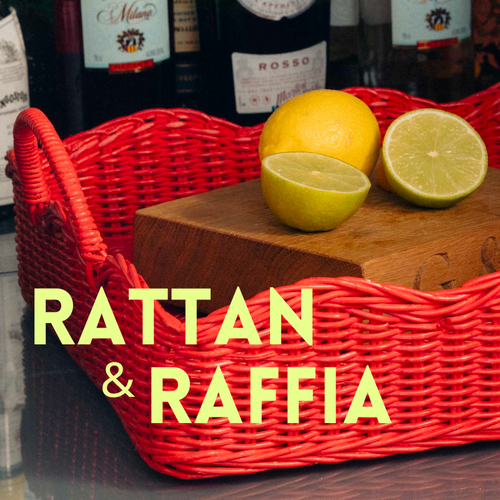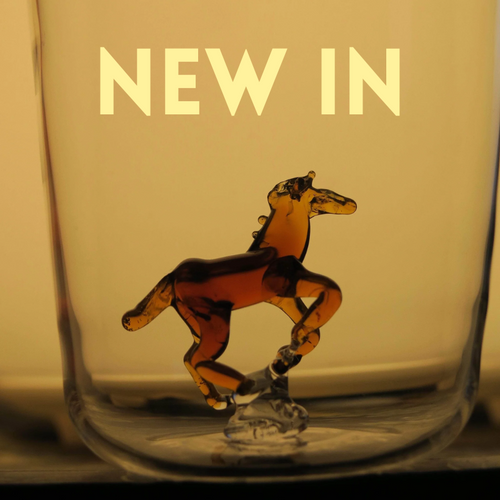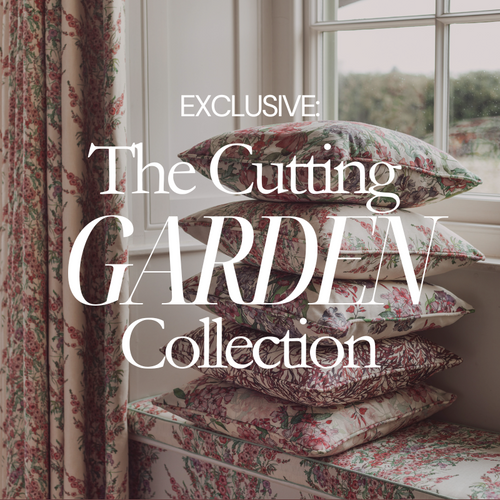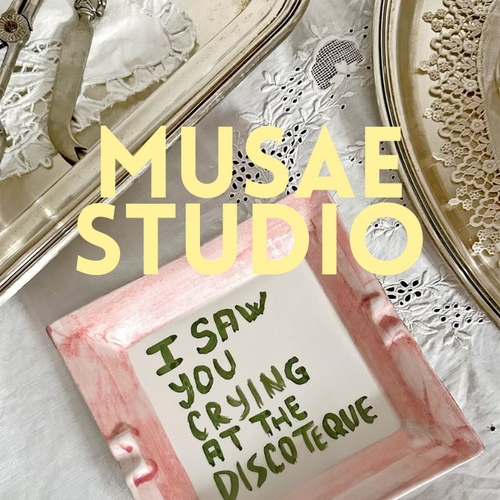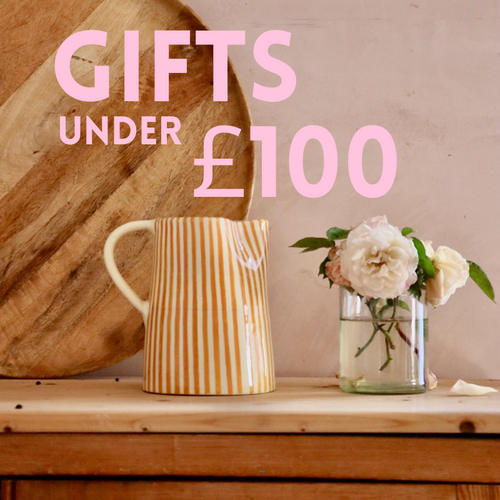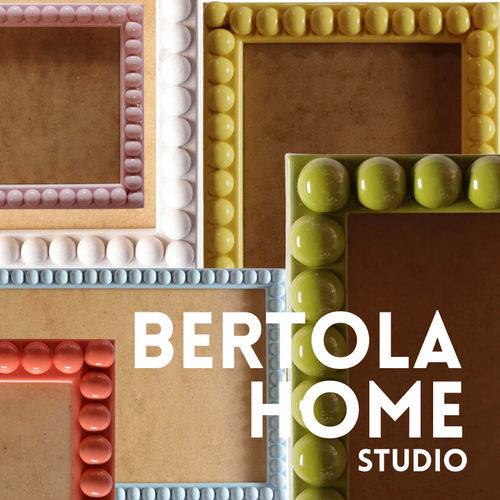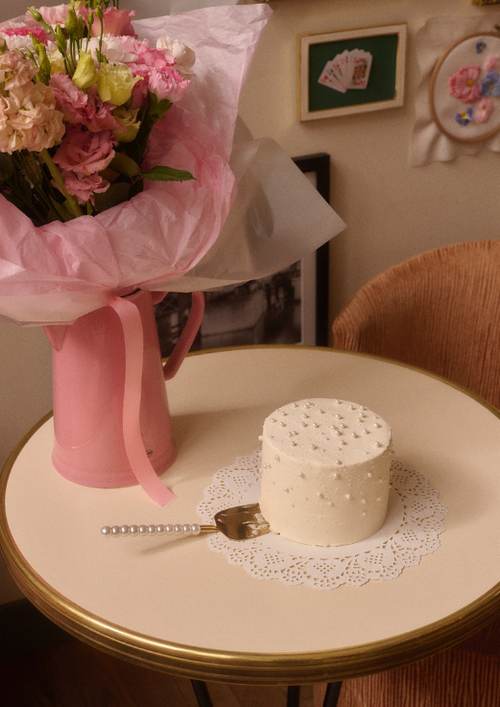This store requires javascript to be enabled for some features to work correctly.

DESIGN HUB
How It’s Made: Feldspar, Devon
After moving to Devon seven years ago, Cath and Jeremy Brown did something unexpected – they bought a pottery wheel. Though the pair had always been incredibly choosey about what they bring into their home, picking only special pieces or items with sentimental value, they weren’t quite as selective when it came to their work.
Jeremy and Cath were frustrated in their careers. They had to make compromises they didn’t want to make and felt unfulfilled. But once they made that move down to Devon – and once that pottery wheel showed up – things started to change. Always preferring to make something rather than buy it, the pair started to really create, to fill their home with want would turn out to be the very first Feldspar pieces.

As the duo lives in the middle of nowhere, surrounded only by fields and farms, they tend to only make new products if they need or want them personally at home – and then hope somebody else will like them too! They get most of their inspiration while out walking or from the wonderful illustrations in the children’s books they read to their kiddos. They love to draw a sketch and then try to recreate that pencil sketched object in fine bone china.

Luckily for them, Devon is really the place to be for a pair of ceramicists. The fine bone china they use comes from Cornwall, and the paper in their packaging is milled in the Lake District. They always try to find local manufacturers for everything as far as they can. Bone china was pretty much a no-brainer when they started to think about their materials, as it’s the strongest ceramic. Its strength allows you to cast it very finely while still ensuring it’s up to the task of everyday life. As it’s a dying craft – there are only a few producers left in the UK – they felt that it was their duty to keep the tradition alive.

Everything Feldspar sells is made by hand at their Devon workshops or in a family-run factory in Stoke on Trent. Their team of ten craftspeople in Devon and the squad of generational potters in Stoke on Trent slip-cast everything, making plaster moulds of the product and then pouring liquid clay into them to create a vessel. Each piece goes through many skilled hands on its way to being finished and fired three times. Even the colour on Feldspar’s stunning pieces is hand-painted by their talented decorators. All these skills – from the making of the moulds to the decoration – are critically endangered crafts in the UK.

What makes Feldspar’s pieces so special is their uneven profile, but this also makes them tricky to produce. The mugs are born from a handmade mould, which means they’re not perfectly cylindrical, but that’s what gives them their charm. Hands aren’t cylindrical either, so their pieces really are perfectly tactile.
These days, Feldspar is working to set up a wood workshop next to their ceramics studio, as Jeremy actually trained as a woodworker when he was younger. They want to get back to those skills and continue making wonderful, innovative homewares. Whatever they dream up, they can create. And that is the beauty of having such a personal brand.

